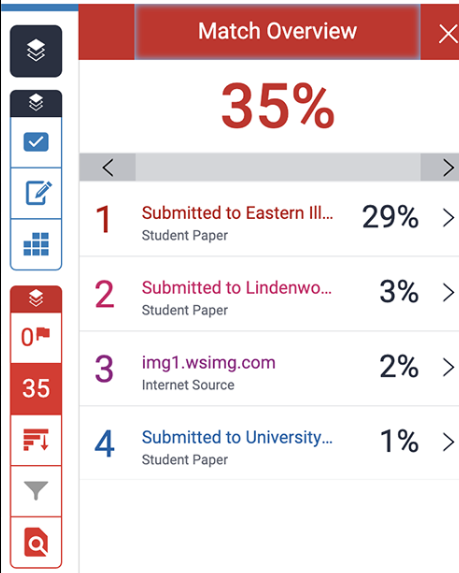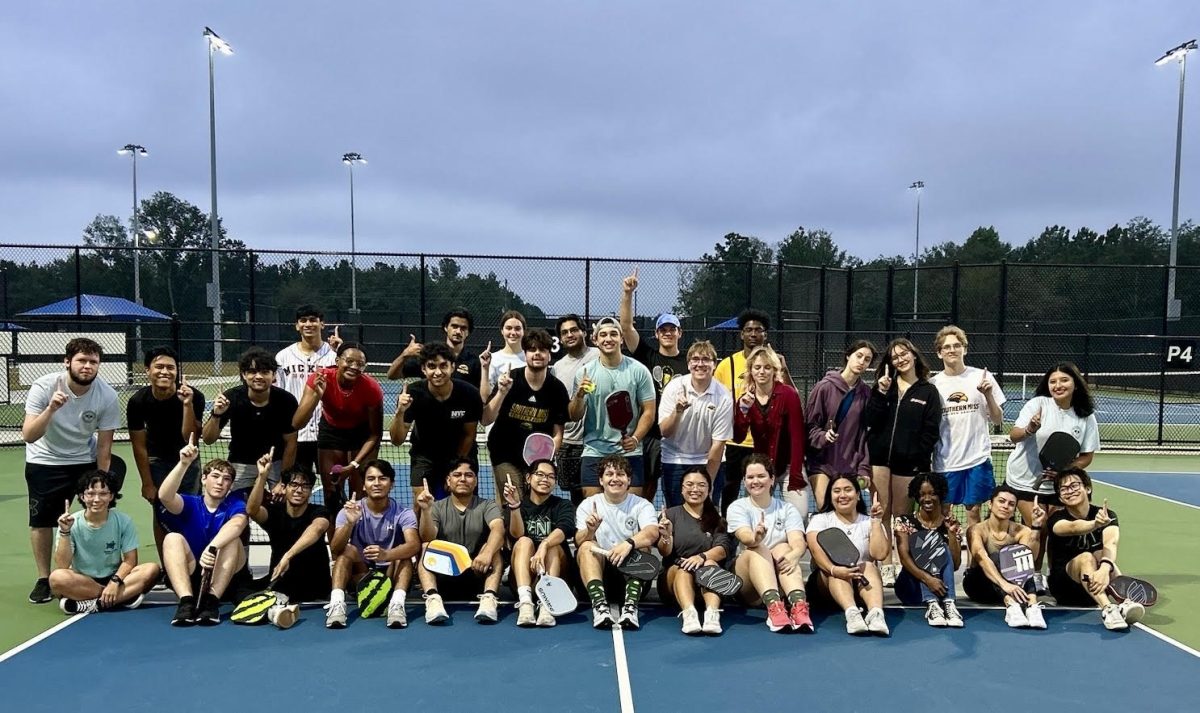The School of Humanities recently hosted an interdisciplinary panel for Women’s History month. The panel was titled “Women in/and the Humanities,” exploring the work of women in the field as both subjects and scholars. The panelists were Dr. Angela Ball, Dr. Ery Shin, Dr. Brad Phillis, Dr. Heather Stur, Dr. Amy Slage, Dr. Paula Smithka, and Dr. Heather Stur. They represented the fields of poetry, english, history, religion, and philosophy, respectively.
Through a series of questions, each panelist discussed the history and study of women in their particular field. They also discussed how their own research incorporated women’s stories and experiences.
The conversation took an interdisciplinary perspective, discussing how and where women’s studies overlapped in certain fields.
Ashlynn Steiner, a junior history major, came to the event after learning about it on social media. She enjoyed hearing the range of perspectives and believes in the significance of women’s perspectives.
“I strongly believe that studying women’s history is essential for a comprehensive understanding of historical events,” she said. “Women’s stories and perspectives are often sidelined in mainstream narratives, especially women of color or non-cisgender women. However, they all offer valuable insights into the complexities of the human experience.”
Steiner added that, “By giving voice to these narratives, we not only recognize the contributions of women but also deepen our understanding of historical events and their broader implications on society.”
After the panel, several of the panelists told Southern Miss Student Media why they think it’s important to study women’s stories.
“Women’s contributions to culture are too often overshadowed by men’s,” said Ball, the poetry professor.
Stur, the history professor, echoed similar sentiments.
“Anyone who thinks women’s studies is useless is ignoring half the world’s population, and if you ignore half the world’s population, then you won’t understand the full human experience of whatever your discipline is – history, biology, religion, or anything else,” she said.
Phillis, another history professor and the only man on the panel, ensured his perspective was clearly understood.
“It is important to study the experiences and stories of women for the same reasons it is important to study any experiences and stories: doing so helps us to reckon with the shared humanity of other people, past and present, and so helps us to be more empathetic, thoughtful, and kind as we move through life,” he explained.
The University of Southern Mississippi has programming for women’s history month. It will last throughout the rest of March. For more information, visit the events calendar at calendar.usm.edu.
USM’s Committee on Services and Resources for Women sponsored this month’s programming. The CSRW exists to find and address the needs of women at Southern Miss. It is comprised of faculty, staff, and students from across the university community.
Women’s history month is an annual celebration highlighting women’s history and achievements. In the United States, it began as a local celebration called Women’s History Week in Santa Rosa, California.
After a national campaign led by women’s groups and historians, President Jimmy Carter declared March Women’s History Month in 1980. Congress made it an official celebration in 1987.































